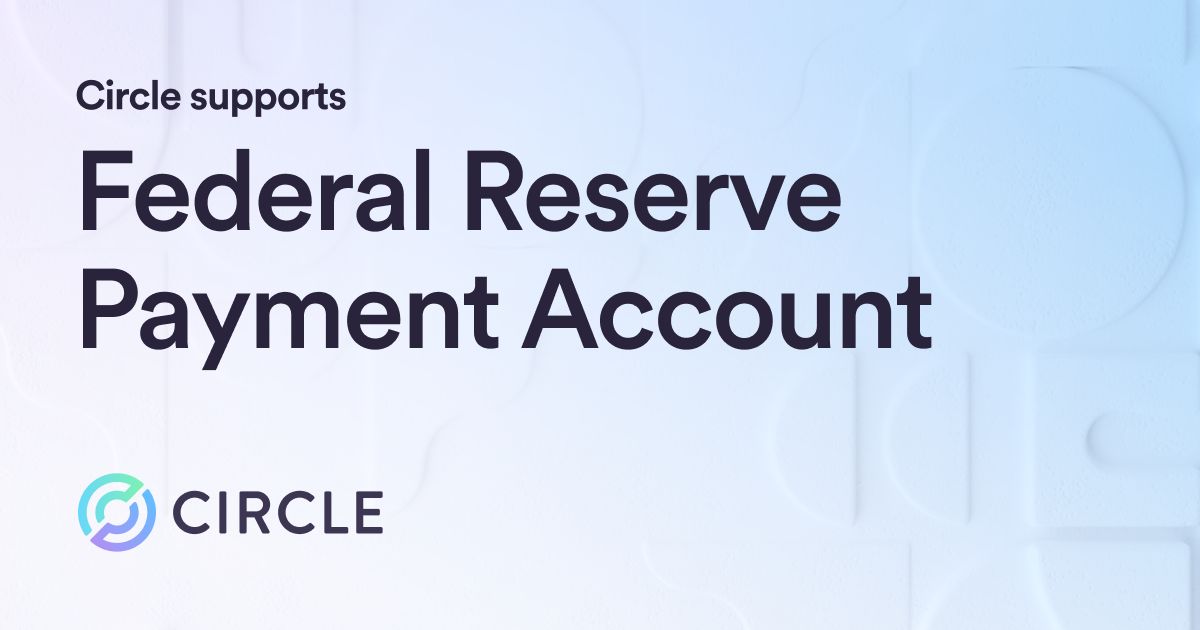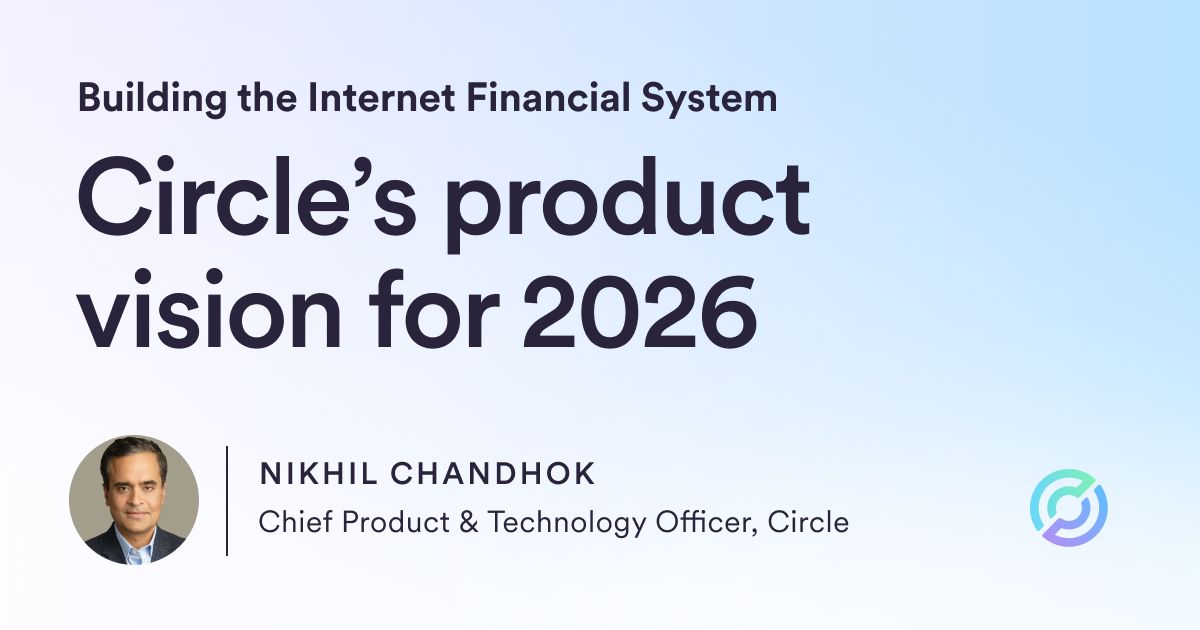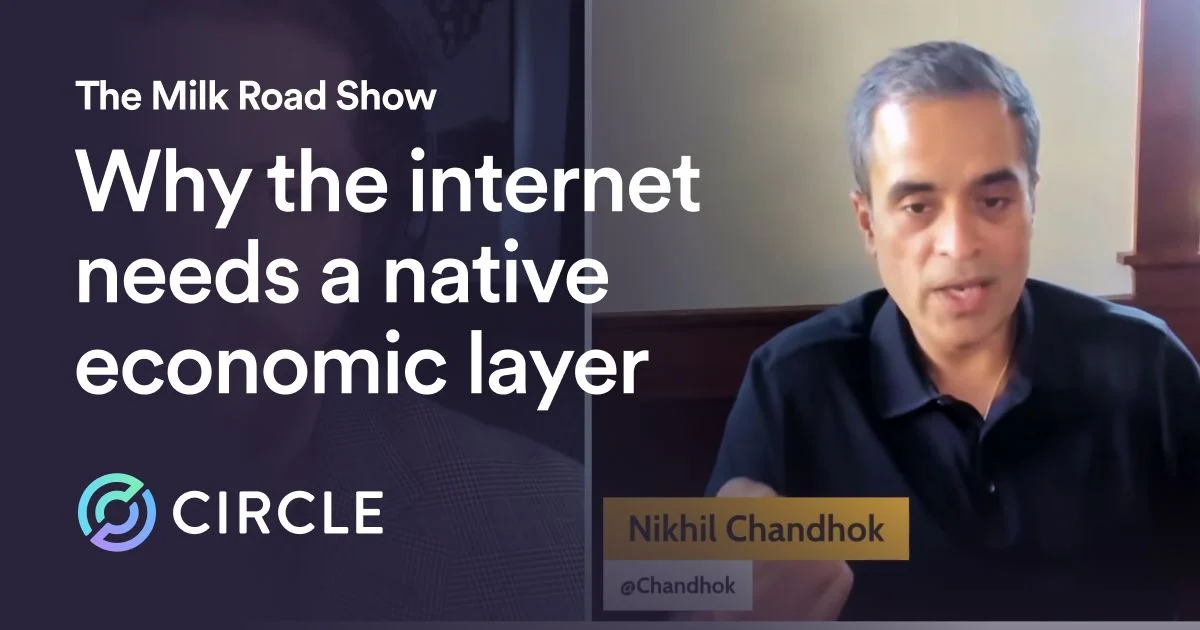In our Day 4 Davos Dispatch, we cover financial inclusion, social impact and crypto-fueled philanthropy.

Sometimes, even the most polished talking points break down. In the case of hip-hop producer Andre “Dre” Christopher Lyon, it was a good thing. At a World Economic Forum event on Creator Equity hosted by Forbes, a16z, and Lobus, Dre was speaking about the importance of digital assets in the context of economic empowerment when he started to tear up. The reality of the moment – a black hip-hop artist pushing for greater ownership by creators at Davos – was overwhelming.
Dre’s comments set the stage for Circle COO Elisabeth Carpenter to share how USDC – an always-on, always-redeemable and fully reserved digital dollar – provides a safe, reliable and trusted base layer for the evolving digital asset ecosystem.
Elisabeth’s panel was an exclamation point to six sessions Circle hosted at Davos this week about social impact. From empowering small business owners in Africa to reaching Ukrainian refugees, Circle is improving lives with its conviction that it should not cost money to send or give money – and that the future of money should include everyone.
“We don’t want to leave anyone behind,” said Visa’s Jeni Mundy, Global SVP Merchant Sales & Acquiring, in a conversation with Circle’s Chief Strategy Officer and Head of Global Policy Dante Disparte. USDC, Disparte said, is essential to achieving financial inclusion. “You can now create an economic flywheel around device-centric banking and payments,” he said. “The bottom rung of economic mobility is access to low-cost payments. We don’t send a cross-border email. Why would we send a cross-border payment?”
The costly – and sometimes exploitative – nature of such payments came up in several conversations this week. “The cost of cross-border transactions is far-too high, and almost always borne by those least able to afford it,” said Circle Senior Advisor David Puth. “At Circle we can move currency across borders at the speed of the internet for a fraction of the cost.”
AZA Finance CEO and Founder Elizabeth Rossiello has seen how high transaction costs keep small businesses in Africa from growing. She turned to digital assets like USDC not because of its cryptography but because of its ability to circumvent costly legacy rails. “Crypto money is mobile money without the restrictions,” she says. “We win 100% of the customers that try it.”
AZA Finance’s role in Africa is hard to overstate. By providing a powerful low-cost alternative to moving money, she’s helped drive down remittance costs and boosted inclusion. “When you increase financial inclusion for women, the GDP improves, the poverty index improves,” she said.
Remittances to low- and middle-income countries topped $620 billion in 2022, according to the World Bank, forming a vital part of household income. Yet high remittance costs take $40 billion from families who need it most. The Stellar Development Foundation, together with MoneyGram, uses USDC to help the poor keep more of their hard-earned money.
UNHCR has teamed up with Stellar to provide a unique aid disbursement solution to those suffering in Ukraine. The pilot, which launched last month, uses USDC to put cash directly into the hands of those needing assistance – quickly, efficiently and securely, and with full value transfer traceability and accountability.
“This puts power in the hands of the individual at a time when they feel powerless,” said Denelle Dixon, the CEO and Executive Director of Stellar Development Foundation. “From an aid perspective, in terms of accountability to donors, the more we can remove from the process, the more goes to the people who need it,” said Teana Baker-Taylor, Circle’s VP of Policy and Regulatory Strategy for the EU and UK.
Additional conversations explored crypto-fueled philanthropy and the web3 future of learning and earning. In a fitting end to a week of programming, Circle and Devex hosted a gathering with NGO and humanitarian leaders to explore new opportunities for impact in the year ahead.





